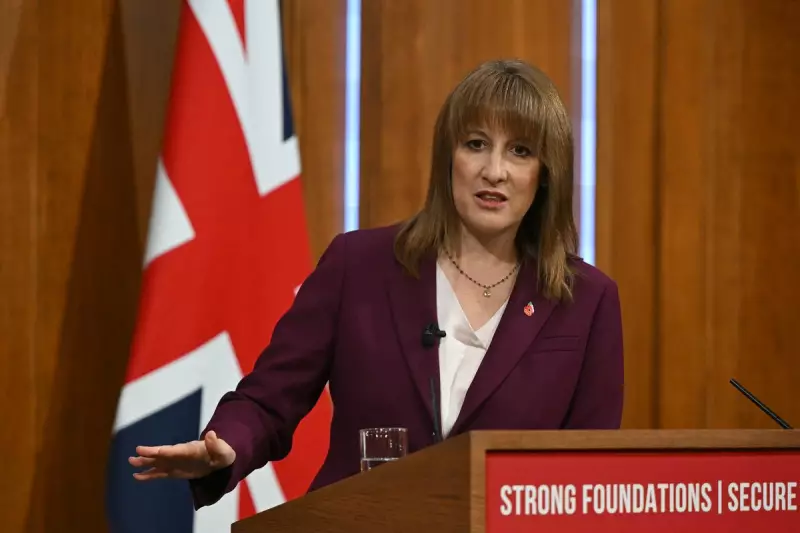
In a major economic announcement that could define Labour's approach to governance, Shadow Chancellor Rachel Reeves has categorically ruled out increases to income tax in her first Autumn Budget should Labour form the next government.
The declaration comes as both major political parties navigate increasing pressure to outline their fiscal strategies amidst ongoing economic challenges facing British households and businesses.
Clear Red Lines on Taxation
Reeves emphasised that under her chancellorship, income tax rates would remain frozen at their current levels, stating this would form a cornerstone of Labour's economic policy. This commitment signals a significant shift in Labour's traditional approach to taxation and public spending.
'We will not be raising income tax,' Reeves stated unequivocally, positioning the party as both economically responsible and sensitive to the cost-of-living pressures affecting millions across the country.
Strategic Positioning Ahead of Election
Political analysts suggest this move represents a calculated effort to reassure voters and markets that Labour can be trusted with the nation's finances. By making such a definitive pledge, Reeves aims to draw clear dividing lines with the Conservative Party while appealing to middle-income voters who often decide election outcomes.
The announcement also serves to counter Conservative claims that Labour would inevitably resort to higher taxes to fund their spending commitments.
Broader Economic Context
This tax pledge emerges against a backdrop of:
- Persistent inflation affecting household budgets
- Growing pressure on public services requiring funding
- Market uncertainty about UK economic prospects
- Ongoing debates about fiscal responsibility
While ruling out income tax increases, Reeves faces the challenge of balancing this commitment with Labour's ambitious spending plans across public services including the NHS, education, and social care.
What This Means for Voters
For the average taxpayer, this pledge provides certainty about one aspect of their financial future under a potential Labour government. However, questions remain about how Labour would fund their manifesto commitments without resorting to other forms of taxation or borrowing.
The Autumn Budget, whenever it comes, will now be watched even more closely as both parties flesh out their economic visions for the country's future.






